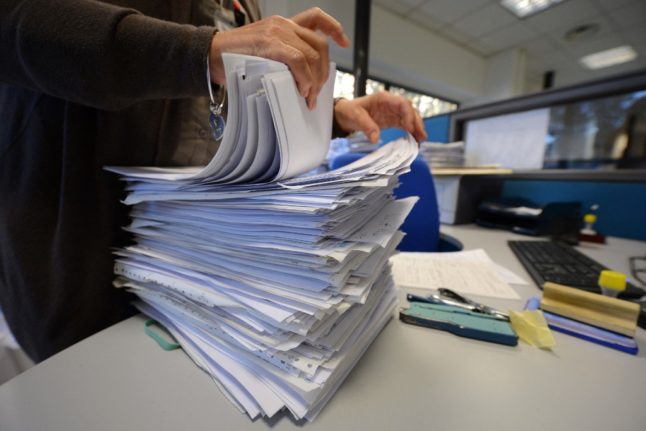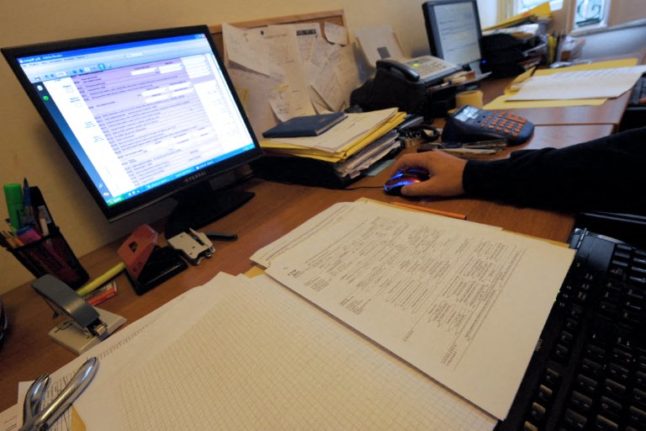Under Italian law, anyone who’s considered a resident for tax purposes (or fiscal resident) is required to file and pay taxes in Italy.
As Italy’s tax office explains, you’ll be considered a tax resident in Italy if, for at least 183 days a year, you are registered with Italy’s National Registry of the Resident Population (also known as Anagrafe) or have your place of “residence or habitual residence” in Italy.
People that don’t meet the above criteria aren’t considered Italian tax residents but may still have to file and pay Italian taxes on any income generated in Italy.
Either way, if you’re required to file an income tax return (or dichiarazione dei redditi) in Italy, you’ll have do so in one of the following two ways:
- If you’re an employee or retiree, you’ll need to complete and file Form 730 by September 30th.
- If instead you’re self-employed, or belong in any other professional category, you’ll need to file the Redditi PF form by October 15th.
READ ALSO: When are the deadlines for filing your Italian income tax return?
As much as it may be hard to keep up with Italy’s tax calendar, taxpayers are strongly advised to keep these dates in mind as the Italian taxman shows little in the way of leniency when it comes to late filing (dichiarazione tardiva) and failure to file (omessa dichiarazione).
Late filing
Those who submit their income tax returns within 90 days after the deadline face late filing (or dichiarazione tardiva) penalties.
Late declarations are punished with a fine ranging from 250 to 1,000 euros and late-payment penalties corresponding to 30 percent of any amount owed in taxes.
READ ALSO: Should you hire an accountant to file your Italian taxes?
It’s worth noting here that you can significantly reduce both of the above penalties by using a procedure known as ravvedimento operoso (literally ‘active amendment’), which allows taxpayers to self-report and rectify the delay in their tax return.
Failure to file
If you fail to submit your tax return within the 90-day period after the deadline, you’ll face failure to file (or omessa dichiarazione) penalties.
This is punished with a fine ranging from 250 to 1,000 euros if no taxes are due. If any taxes are due however, the fine will be equal to 120 to 240 percent of the total amount owed.
Once again, taxpayers can use the ravvedimento operoso procedure to reduce the penalties.
What happens if I make a mistake in my tax return?
Missing your declaration deadline can land you in big trouble, but potentially so can any mistake in your annual tax return.
A tax return showing income or taxable income that is lower than the one assessed or taxes that are lower than those actually owed (this is generally referred to as dichiarazione infedele, or ‘inaccurate filing’ ) can result in a penalty ranging from 90 to 180 percent of the highest tax owed.
The same punishment applies to declarations showing tax deductions which the taxpayer wasn’t eligible for.
Please note that The Local is unable to advise on individual cases. Find more information on the Italian tax agency’s website.



 Please whitelist us to continue reading.
Please whitelist us to continue reading.
Member comments